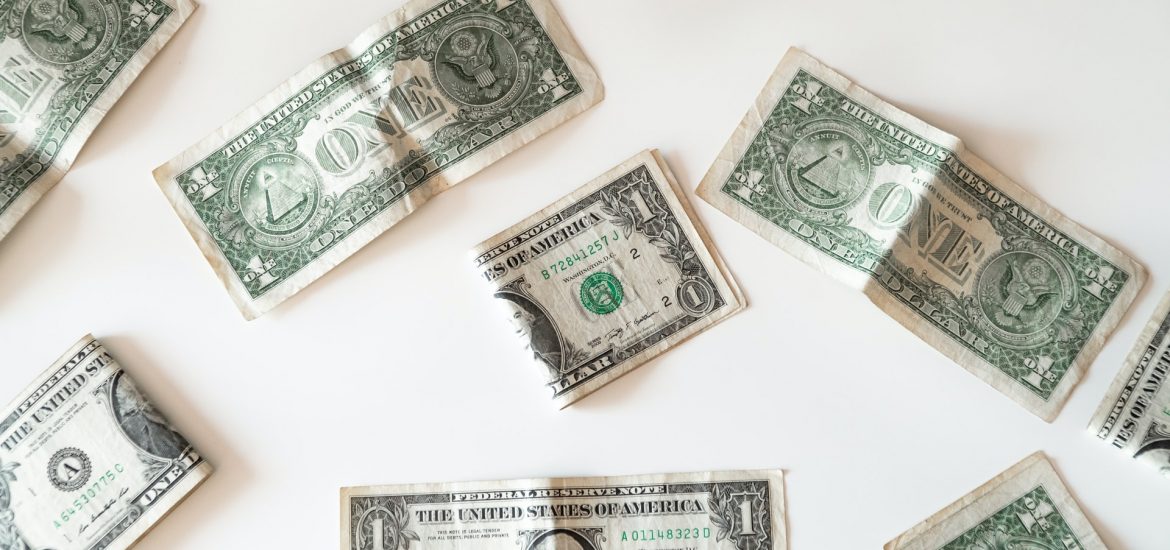You might have money out there that belongs to you. It could be sitting there waiting for you right now, totally unbeknownst to you. All you have to do is go looking for it. Where does this money come from? And how can you find out if you have unclaimed money from the government?
What Is Unclaimed Money From the Government?
Sometimes the government is supposed to send you money. However, for some reason, you don’t receive it. For example, if you’ve moved and your mail wasn’t forwarded properly. Or if you failed to pay attention to a notice because you didn’t realize that it was about money you were legitimately owed. This becomes unclaimed money. It still rightfully belongs to you. You just have to claim it.
When Might There Be Money For You
Here are five examples of times when you might have unclaimed money from the government just waiting for you:
- You never received a tax refund. For some reason, the IRS wasn’t able to deposit it to you. It’s waiting for you to find it.
- You have money in a retirement plan from a previous job. After forgetting about it, you failed to claim it. Yet.
- Someone lists you as their life insurance beneficiary yet you didn’t know you received benefits.
- Years ago you left money in a bank account that you’ve entirely forgotten about.
- Likewise, you have forgotten savings bonds that you never redeemed.
In other words, you might have money in old accounts that you forgot about. Alternatively, you might have money that you weren’t even aware of from the government, a lawsuit, life insurance, etc.
How To Find Your Unclaimed Money
Excellent – you might have money out there just waiting for you. So how do you find it? You can start by checking a few major databases. Then you can search further depending on your circumstances.
Multi-State Unclaimed Money Databases
There are a few major databases that anyone can check to see if they have unclaimed money from the government. It is free to check for this money. Therefore, if you come across a site or service offering to find your money at a fee, steer clear! Start by checking these databases:
- National Association of Unclaimed Property Administrators. NAUPA is one of the largest databases for unclaimed money. Head to the site, click the button to “conduct your free search”, select your state and follow the prompts to enter your information. Note that you might want to check multiple states if you’ve lived in different places.
- MissingMoney.com. This is another database. In fact, some of the states that NAUPA links to take you to this website instead. On the other hand, certain states aren’t included. That’s why it’s good to check multiple databases.
- Credit Karma. Become a member of Credit Karma. There is no cost to join. Then you can use their missing money tool.
Each state has its own database. You can search for the state’s tools individually if you don’t want to use the multiple-state databases listed above.
Other Ways to Find Unclaimed Money
Here are some of the other places that you might check for unclaimed money from the government:
- If the IRS might owe you tax money, then check the “where’s my refund” tool on their site
- If a previous employer owes you money, check the Wage and Hour Division of the US Department of Labor
- There is a National Registry of Unclaimed Retirement benefits; does this apply to you?
- There is also a Pension Benefit Guaranty Corporation for unclaimed pensions from former employers.
- Veterans should double-check with the U.S. Department of Veterans Affairs for unclaimed money. It’s often in the form of unclaimed insurance benefits.
- When banks and credit unions fail, you might receive money. Check the FDIC and the National Credit Union Administration.
- If you’ve ever had an FHA-insured mortgage, then check HUD.gov for money owed to you.
- Check TreasuryHunt.gov to find matured savings bonds that you can cash in on.
- Use the U.S. Courts Unclaimed Funds Locator to check if you’re owed bankruptcy-related money.
Read More:
- How to Make $10000 Fast
- 5 Facts About Life Settlements Everyone Should Know
- What Is Tax Relief? Everything You Need to Know About Debt Forgiveness
Kathryn Vercillo is a professional writer who loves to live a balanced life. She appreciates a good work-life balance. She enjoys balance in her relationships and has worked hard to learn how to balance her finances to allow for a balanced life overall. Although she’s only blonde some of the time, she’s always striving for total balance. She’s excited to share what she’s learned with you and to discover more together along the way.
